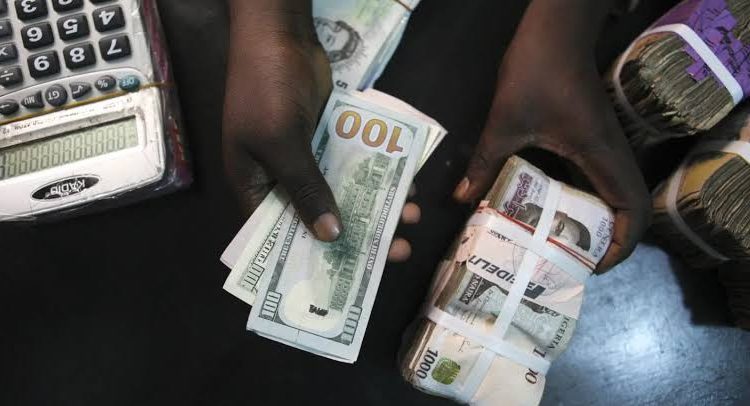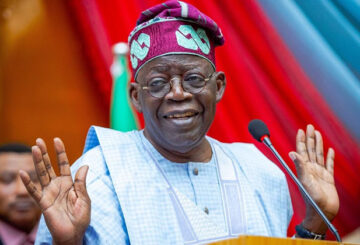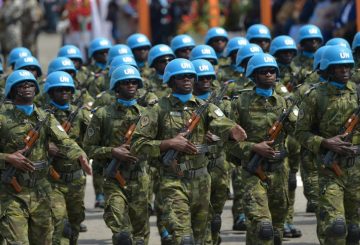Maritime operators have cited Nigeria’s ongoing foreign exchange crisis as a significant factor hindering the completion of four out of seven inland dry ports initially approved by the government. These ports, designed to expand cargo handling capacity away from the coast, were expected to stimulate economic growth in more remote regions by handling approximately 165,000 twenty-foot equivalent units (TEUs).
However, as of a recent report by the Nigerian Shippers Council, only three ports — Kaduna, Dala, and Zanfarawa — are fully operational, while the remaining four are struggling with financial and logistical obstacles to reach completion.
The delays are largely attributed to high capital requirements exacerbated by exchange rate volatility, according to Rotimi Hassan, the former Managing Director of Kaduna Inland Dry Port. He explained that when the ports were initially approved, the exchange rate was N175/$, but it has since surged to over N1600/$, drastically inflating the cost of development.
Many operators had anticipated government support in establishing these facilities, but former President Olusegun Obasanjo’s administration instead required investors to independently fund, manage, and ultimately transfer ownership of the ports. This shift left several operators unprepared for the high-risk and long-term investment demands of establishing inland ports.
Some industry leaders, however, argue that the issue goes beyond exchange rates. Dr. Ahmed Rabiu, Managing Director of Dala Inland Dry Ports, suggested that the inland port concept itself was novel in Nigeria, and many concessionaires lacked the experience to execute the projects effectively.
In contrast, the National Secretary of the Association of Registered Freight Forwarders of Nigeria, Mr. Frank Obiekezie, lauded the initiative but voiced concerns over the implementation issues that have historically hampered similar projects. He urged the Nigerian Shippers Council to resolve logistical challenges to ensure these ports can alleviate congestion at seaports and enhance economic activity in Nigeria’s interior regions.
- Tags: Forex Trading, Nigeria's forex





